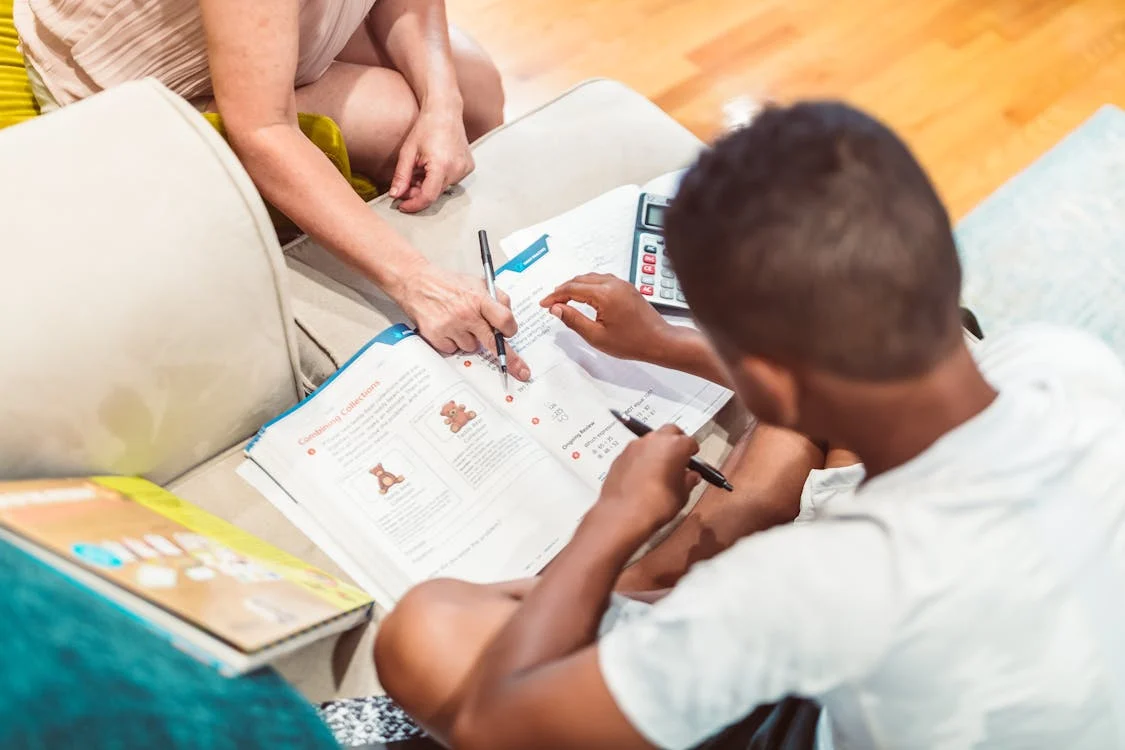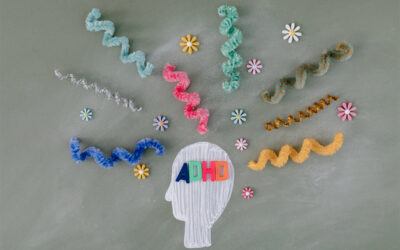Math Disability and Dyscalculia Evaluation in Nova Scotia
Unlock Your Child or Teen’s Math Potential with a Comprehensive Dyscalculia Assessment
Is your child or teen struggling to grasp basic math concepts or perform everyday math tasks?
Our dyscalculia experts specialize in offering comprehensive evaluations, personalized recommendations, and practical strategies to address both learning and emotional needs. So your child or teen can succeed emotionally and academically.

Are your child or teen’s struggles due to dyscalculia, or is math just hard for them?
Children and teens can find certain subjects, like math, challenging. In fact, many people often say, “I’m just not good at math.” Over time, this can lead to math anxiety, making math feel even more daunting.
But your child may have a math learning disorder if they consistently struggle, feel frustrated, or fall behind despite doing their personal best.
What is a math disability (dyscalculia)?
Dyscalculia is a learning disorder that impacts how the brain processes numbers and math concepts.
If left unidentified, these struggles can grow over time, leading to:
Feelings of low self-esteem
Increased anxiety around schoolwork
Avoiding math altogether

How do you tell if your child’s math struggles are due to dyscalculia?
Recognizing the difference between typical challenges and dyscalculia can be tough.
Many children with dyscalculia are high-achieving and excel in other aspects of school, making their math challenges confusing. Or they may have other learning disorders, making it harder to identify a possible math learning disorder.
Unfortunately, they may continue to struggle with math in school and the workforce without the right support. Leaving them feeling like they’ll never be able to understand math, even math they need in their everyday life or hobbies.
Common signs of dyscalculia include difficulty:
Solving basic age-appropriate calculations like addition, subtraction, multiplication, and division
Recalling foundational math facts
Solving math problems quickly
Recognizing patterns
Reading an analog clock
Managing finances
Following directions
Telling time
Counting
But, children and teens with dyscalculia can learn math with the right support.
Many people with dyscalculia may feel like giving up on math. But they can learn and succeed.
Understanding what math and related abilities are working well for them and what areas need support can help.
Gaining this clarity through a comprehensive evaluation and accurate diagnosis can give your child or teen the skills, knowledge, and accommodations to help them achieve their best—and rebuild their confidence.
Accurate diagnosis of dyscalculia can help your child or teen:
Understand the underlying cause of their learning difficulties
Gain access to accommodations at school or work
Learn effective strategies to support their learning
Reduce feelings of self-blame, stress, or tendency to put themselves down when struggling with math
Confidently advocate for themselves and what they need throughout their life
Our dyscalculia experts can help you get the answers and support you and your child need.
Our experts are licensed psychologists trained in assessment, learning, and learning disorders.
We create a safe, supportive environment so your child or teen feels comfortable, relaxed, and motivated during the evaluation. So they can do their personal best.
Our comprehensive assessment approach gives you a better understanding of your child’s functioning, including strengths. As a result, we can correctly identify what’s contributing to your child or teen’s struggles and tailor recommendations. So you and your child get the right answers, support, and strategies to feel empowered.
Get an accurate diagnosis and personalized recommendations so your child or teen gets the support they need to thrive.
Our assessment experts are here to help you and your child. Contact us to schedule an appointment or if you have additional questions.
Articles Related to Dyscalculia and Learning Disorders
Learn more about dyscalculia and learning disorders with resources on our blog.
What are the benefits of a learning, ADHD, or behaviour evaluation for my child?
As a parent, you do everything you can to support your child, including their learning. Yet, when a teacher or the school suggests your child get “evaluated,” it can lead to uncertainties and questions. Many parents are left wondering: How will this really help? Will...
Psychological, ADHD, and Learning Assessments: What happens after your child’s testing?
Psychoeducational evaluations help you, your child, and the school better understand their learning style, emotional needs, and behavioural functioning — so they can get the right support to thrive. There are many benefits of an evaluation for a child or teen. But how...
ADHD Assessment vs Screening Tools: What Your Child Needs
When there’s a problem, it’s natural to want to solve it as quickly as possible. So if your child’s school suggests a screen for attention deficit hyperactivity disorder (ADHD), you may first seek help from your child’s pediatrician or family doctor. An ADHD screening...
Frequently Asked Questions
Do I need a professional referral for dyscalculia testing?
Your child or teen’s pediatrician, school, or mental health provider may refer your child. However, a professional referral isn’t necessary unless required by your insurance provider.
How much does a dyscalculia evaluation cost?
Dyscalculia assessments vary by purpose and service providers. However, typically, a dyscalculia evaluation for a school-aged child is $3,375.
Each evaluation typically involves 4 to 6 hours of direct assessment time with the client and then additional time for scoring, interpretation, and report writing by the psychologist. The whole process takes approximately 15 hours. Please call for more information about fees for various assessment services.
How do I explain the dyscalculia assessment to my child?
Many children and teens find the process interesting. That said, we want your child to be motivated and relaxed on the assessment day. To help prepare your child, you can:
- Listen to their concerns
- Avoid using the word “test,” instead consider using “activities”
- Let them know that the purpose is to help them better understand themselves or what they’re experiencing
- Normalize the experience by reassuring them that other children participate in evaluations, too
The psychologist will also explain the assessment, including addressing any concerns.



